The High-Stakes Puzzle of Integrating AI into Business
By Ram Biswal • 9/22/2024
Navigate the complex challenges and high-stakes decisions of integrating AI into business with this insightful exploration of risks and rewards.
AI Integration Issues
Implementing generative AI within the business sector presents tremendous advantages, such as enhancing operational efficiency and harnessing in-depth interpretations from intricate data. Nevertheless, mastering this integration is not free from hurdles.
Data Privacy in AI
Data privacy experts are necessary in the realm of AI to ensure proper protection against data breaches and unauthorized access. They are responsible for implementing security measures, handling compliance with data protection laws like GDPR, and promoting ethical data handling practices. They also emphasize the privacy of sensitive information, consent from data owners, data minimization, and purpose limitation. Aside from possible legal penalties from data mishandling, companies risk reputational harm, which could result in loss of trust, customers, or investors. Data privacy isn't just about security but also encompasses ethical data use, regulation compliance, and stakeholder trust, making data privacy experts integral to this endeavor.
AI and Bias
AI systems have a significant challenge in handling bias because they depend heavily on the data they are trained on. If these data sets contain implicit human biases, the AI systems might inadvertently perpetuate the same biases. This can lead to discriminatory and unfair results in AI outputs. For instance, an AI recruitment tool trained on a biased data set might favor certain demographics over others, which can have harmful consequences. Therefore, to ensure AI fairness and objectiveness, it's critical to use balanced, diverse, and representative training data and continuously monitor AI systems for potential bias. The amount and type of data can greatly affect how well AI systems can learn and work. If there isn't enough or the right kind of data, the AI might not work as well as it could, leading to wrong or untrustworthy results.
AI and Job Loss

Using AI can sometimes mean that machines take over work that people used to do. For example, AI can do regular and boring tasks faster and without getting tired. For businesses, this sounds good as they can save time and money. However, this could mean that some people might lose their jobs because a machine is now doing them. To prevent this from happening, businesses have to train their workers to do new tasks or jobs that machines can't do.
AI Adoption Hurdles

Finally, integrating AI successfully into a business isn't an easy job. It needs a lot of money and technical knowledge, good infrastructure, and the ability to manage changes effectively. This might be tough for businesses that don't have many resources. Furthermore, the regular upkeep of these AI systems can add to these expenses, making it more difficult for small businesses to adopt AI.
A Daunting Task
Effectively infusing AI into your business operations might seem like a formidable task. After all, it requires substantial investment, sturdy technical expertise, well-established infrastructure, and the finesse to administer changes effectively. This could pose a significant challenge, particularly for businesses operating with limited resources. Additionally, routine maintenance of these AI systems may further escalate costs, pushing AI adoption out of reach for smaller businesses.
Conclusion
However, as a company with robust expertise and strategic acumen, we are well-positioned to navigate these challenges, making the intricate process of AI adoption more streamlined for your business. Our aim is to provide you with efficient, effective solutions that are tailored intricately to your unique needs and circumstances.
Loading comments...
